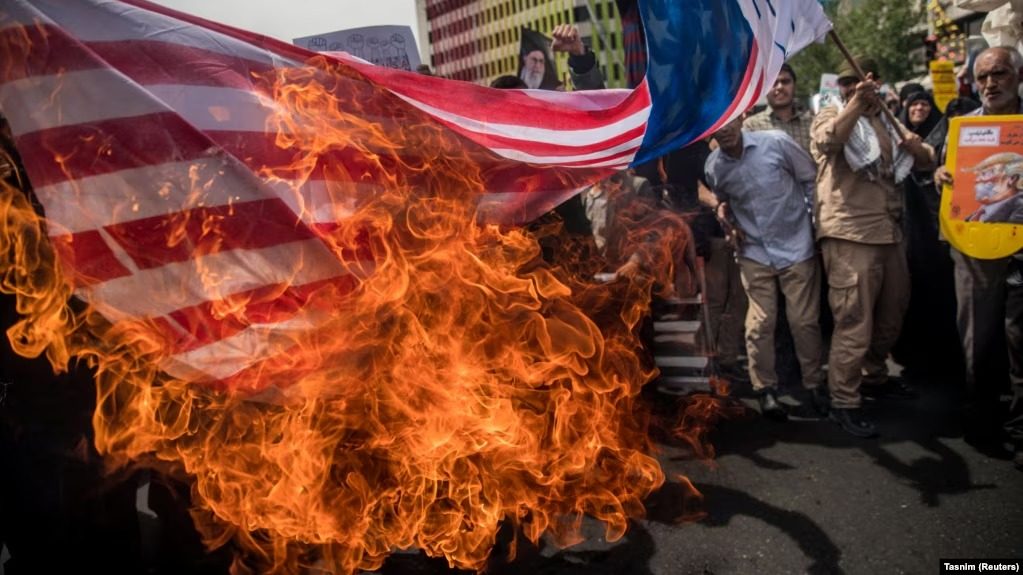Fadavi also hinted at the possibility of a US-Israel preemptive strike, a move aimed at preventing any Iranian retaliation against Israel

News Desk
TEHRAN: In response to Donald Trump’s claimed victory in the US presidential elections, Iranian government spokesperson Fatemeh MoHajjerani asserted on Wednesday that Iranians’ livelihoods would remain unaffected, despite concerns about potential escalations in US policy. MoHajjerani emphasized that the Iranian government’s stance would remain unchanged, regardless of who occupies the White House.
“The US elections are not really our business. Our policies are steady and don’t change based on individuals. We made the necessary predictions before and there will not be a change in people’s livelihoods,” she stated, according to the semi-official Tasnim news agency. Despite MoHajjerani’s assurances, concerns have emerged regarding a possible resurgence of Trump’s “maximum pressure” strategy, which includes re-imposing stringent sanctions on Iran’s oil industry and potentially empowering Israel to target Iranian nuclear sites or carry out assassinations.
Sources within Arab and Western circles suggest that this strategy could intensify under a second Trump term. While the Revolutionary Guards did not directly respond to Trump’s electoral claim, their rhetoric indicated readiness for a confrontation. Ali Fadavi, the deputy chief of the Guards, remarked, “The Zionists do not have the power to confront us and they must wait for our response… our depots have enough weapons for that.” This statement came amid rising tensions following Israeli airstrikes on Iranian territory on October 25, which resulted in the deaths of four Iranian soldiers.
Fadavi also hinted at the possibility of a US-Israel preemptive strike, a move aimed at preventing any Iranian retaliation against Israel. During his first term, Trump notably withdrew the US from the 2015 nuclear agreement with Iran, re-imposing harsh sanctions that significantly impacted Iran’s economy. These sanctions severely curtailed Iran’s oil exports, dramatically slashing government revenues and forcing Tehran to implement unpopular fiscal measures, including increased taxes and large budget deficits. These policies have contributed to an annual inflation rate nearing 40 percent.
The Iranian currency, the rial, has also suffered due to the uncertainty surrounding a potential second Trump term. The rial hit a record low of 700,000 to the US dollar on the free market, according to Bonbast.com, a website tracking Iranian currency values. Despite these challenges, Tehran remains resolute, with government officials reaffirming that they have anticipated such pressures and will continue to navigate them with steady policies.



